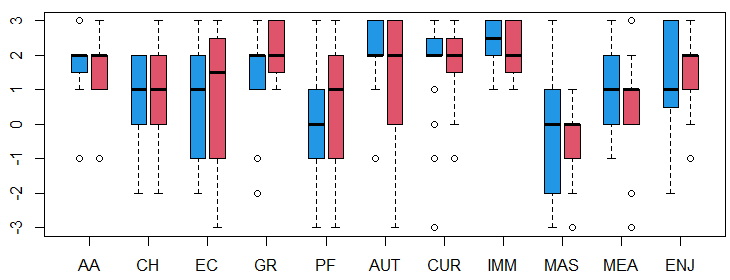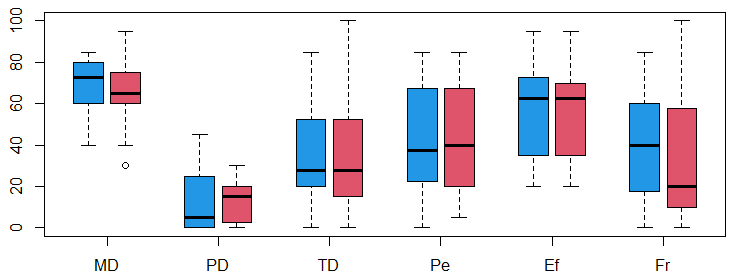Master's Thesis
Tools: Qualtrics, Dovetail, Miro, Overleaf
Skills: UX Research, Qualitative Analysis, Surveys, Paper Writing, Public Speaking
Overview
My master's thesis, “Using AI-Supported Onboarding Systems in Video Games to Improve Player Experience”, began in May 2023 and ended in April 2024. The first four months were spent developing and playtesting the game I developed for my study, the next four months were spent running the study and analyzing the results, and the last four months were spent writing the paper, preparing for my presentation, and handling all the paperwork necessary behind the scenes.
You can read a more in-depth writeup about Joker, the game I created, as well as access the full paper for the complete discussion of my results.
The Study
Before I could write a thesis paper, I needed to first figure out what I was actually going to do. I went into my master's with the mindset of “I want to make a game” and nothing else, so I had to answer a pretty hard question: WHY should I make a game?
Goal: Determine a way to use game development skills to facilitate a thesis paper
Thankfully, another one of my passions is user research. And I'd come across a very real user issue in my own game-playing endeavors: trying to introduce your friends to a game you like can be pretty dang hard. It's not enough for the game to be good; if your friend doesn't have a good first-time experience, and/or struggles to learn how to play, they're not going to be very interested in playing with you again.
Additionally, I had taken a course in my first semester of grad school covering a similar topic, where I had used AI to demonstrate a tool to help new players during the learning process. This gave me the idea to focus on video game onboarding, and in particular on how the implementation of a similar AI-supported tool during onboarding might impact player experience.
Goal: Use a game with an AI-supported suggestion system to evaluate the impact of AI on player experience
I then designed a mixed-methods within-subjects user study that used surveys and semi-structured interviews to answer the following research questions:
The Paper
I also used R to analyze the survey data, which was an ordeal in and of itself to figure out—statistics can be surprisingly unintuitive!


Overall, the study results indicated that AI-supported suggestions can reduce players' cognitive load, but that too low of a cognitive load negatively impacts players' ability to learn. Players best learn through lived game experience, and they strongly value interaction, agency, and personalization during the onboarding process. With this in mind, AI-supported onboarding methods need to maintain a player's ability to learn through lived experience. Developers should also prioritize implementations of AI that use dynamic systems to give players more control over the onboarding experience. Again, in-depth discussion of these findings is available to read in the full paper.
Once I finished with my analysis, I then used Overleaf to write my thesis. My school provides a LaTeX template for theses, and it's so much easier to keep track of references with BibTeX versus manually writing everything down. Even though the written report is what a lot of people think of when they hear “thesis”, I found that having an organized writing process made paper writing far less stressful than everything else that came before it.
The Presentation
To wrap everything up, I gave a 20-minute presentation about my thesis to my supervisors and two readers. That's a total of four professors—try not to think about how difficult it was to find a time that worked for everyone.
The presentation was originally intended to be in-person only, but due to a last-minute hiccup I decided to make it available in a hybrid format as a precaution. This restructuring actually had a silver lining: I was now able to record it! So, if you're interested in seeing how on earth I could possibly squeeze a 109 page paper into 20 minutes, you can check out the presentation recording below.